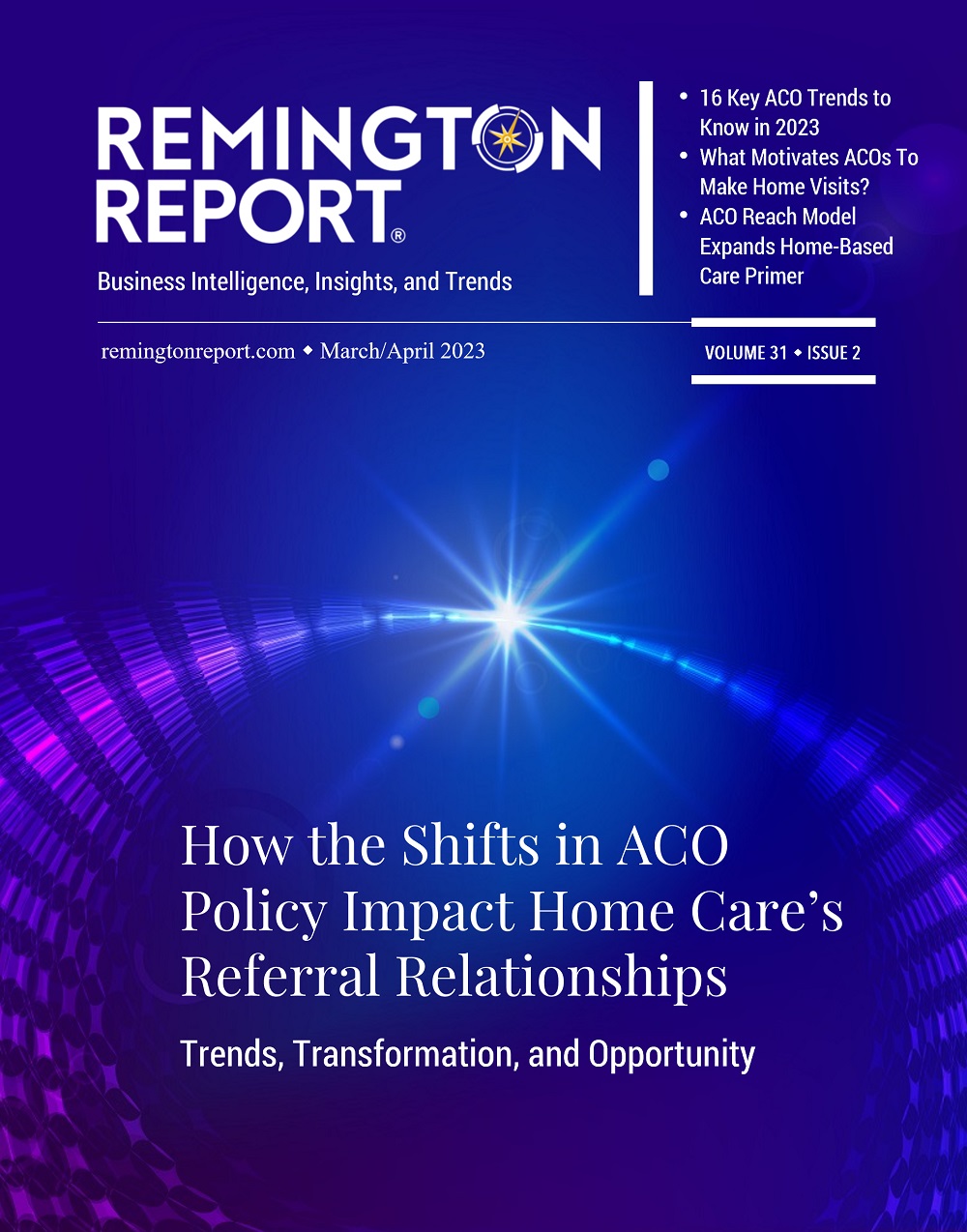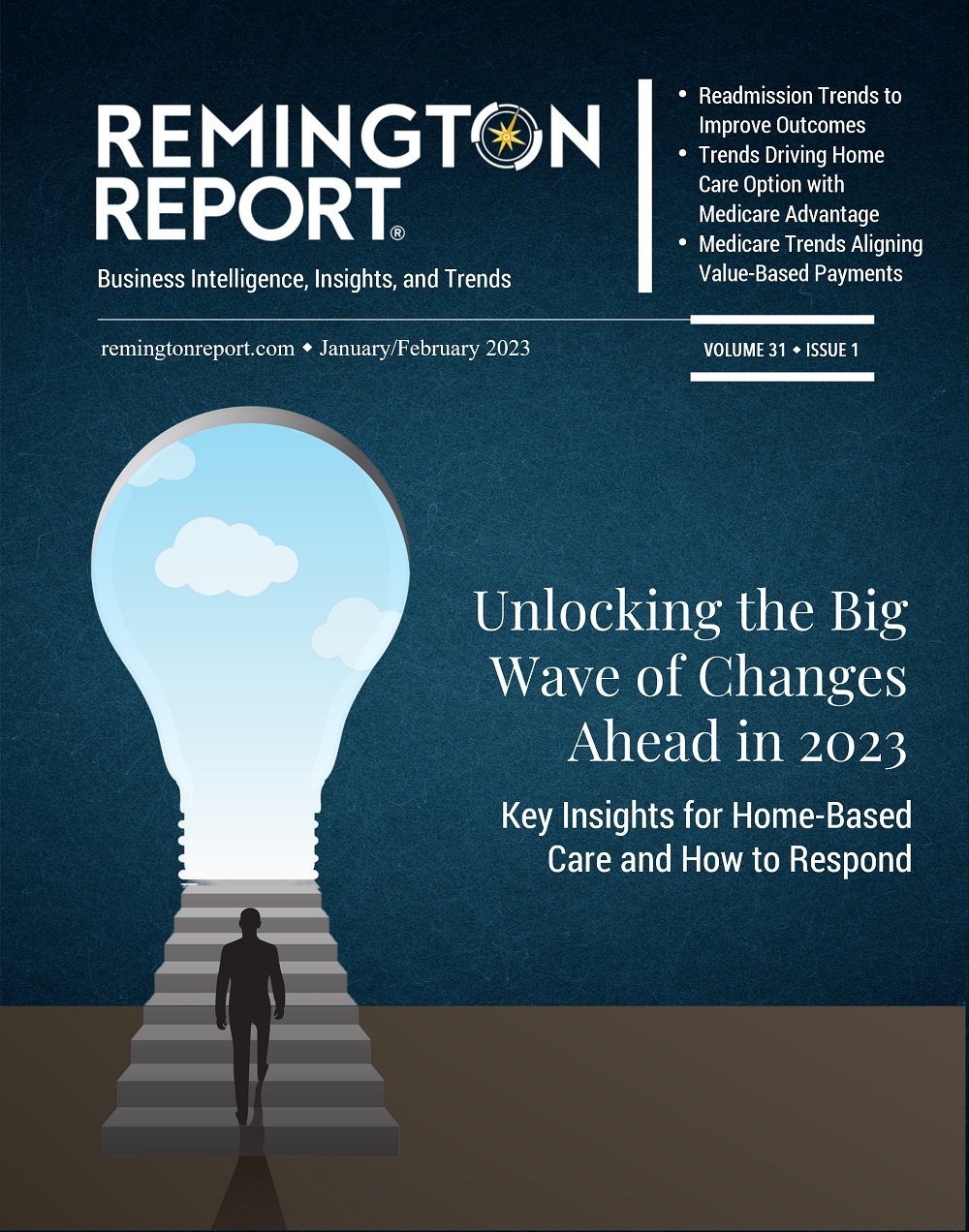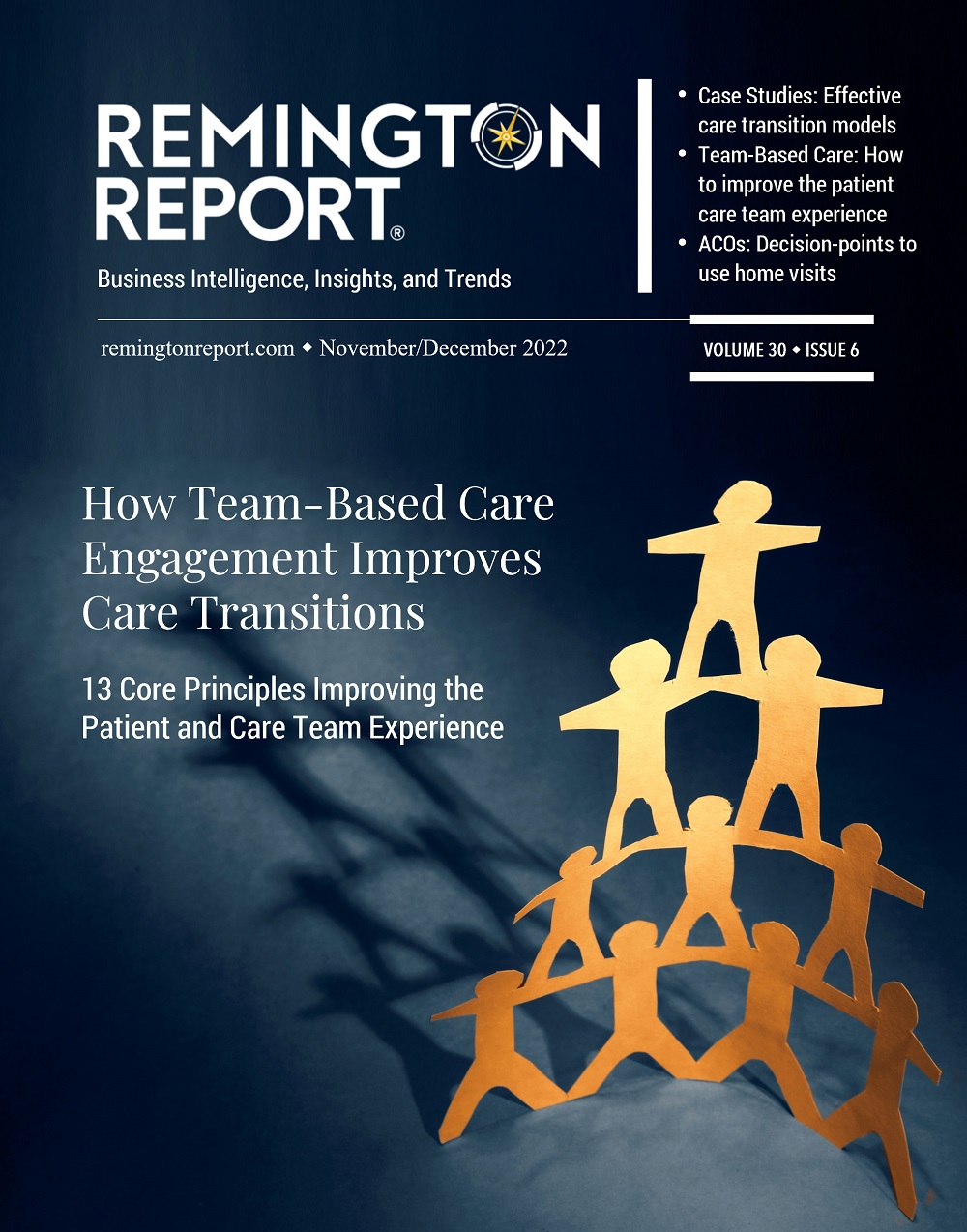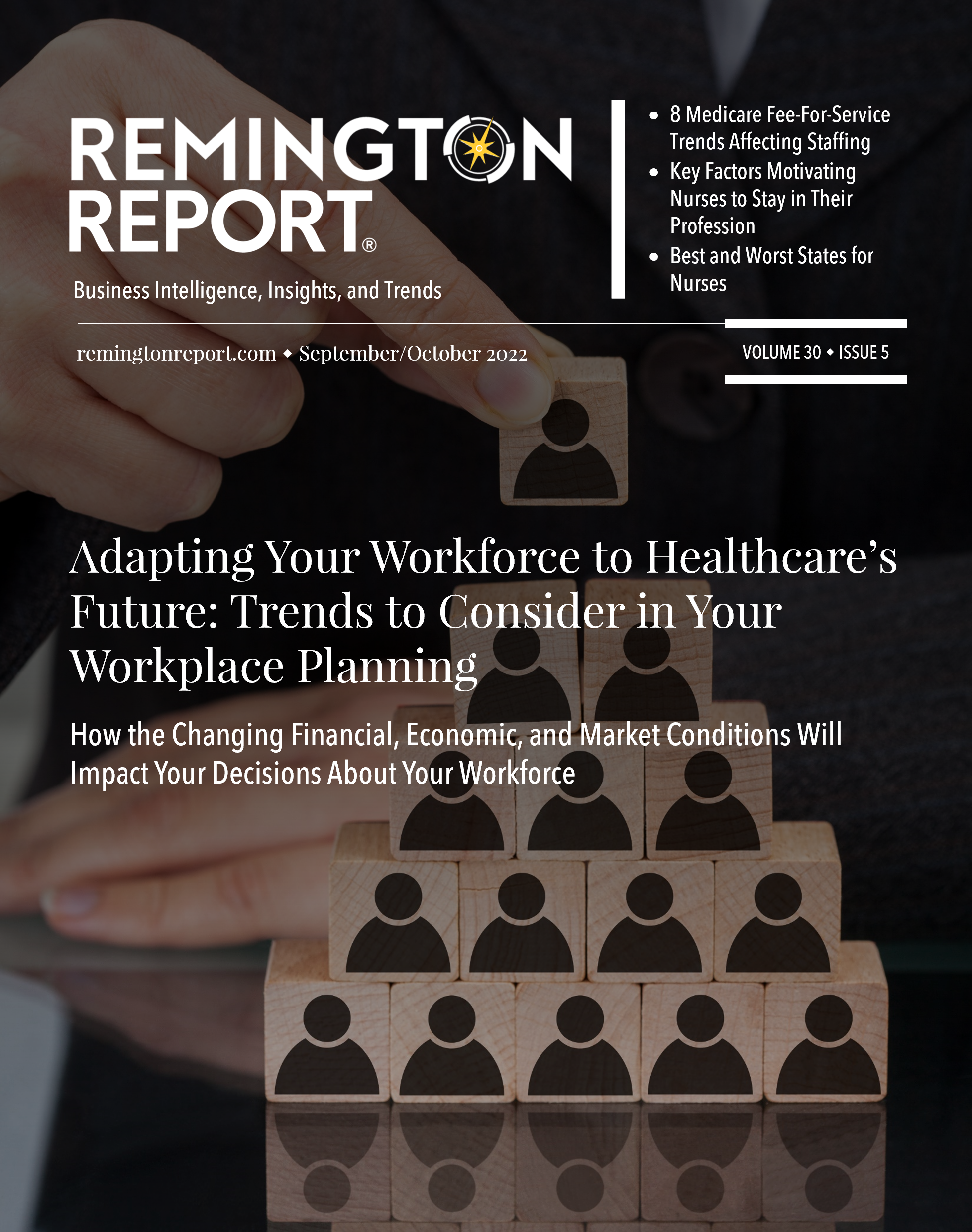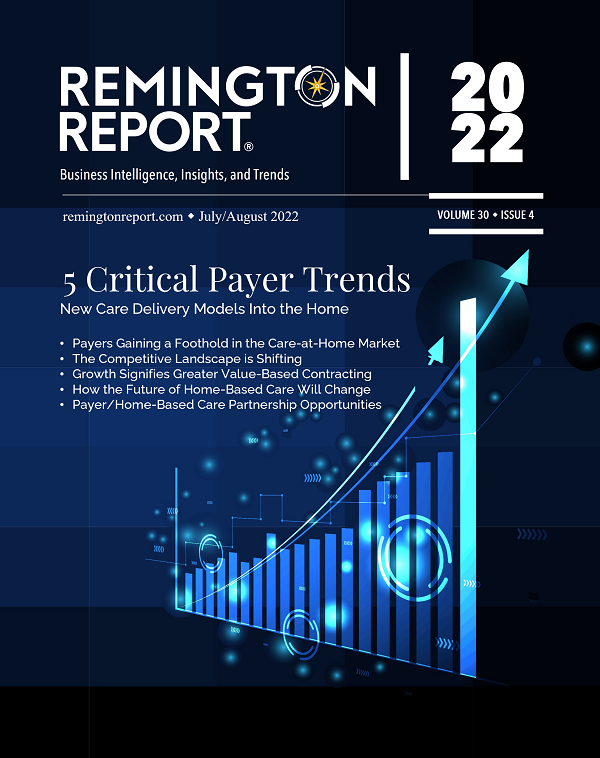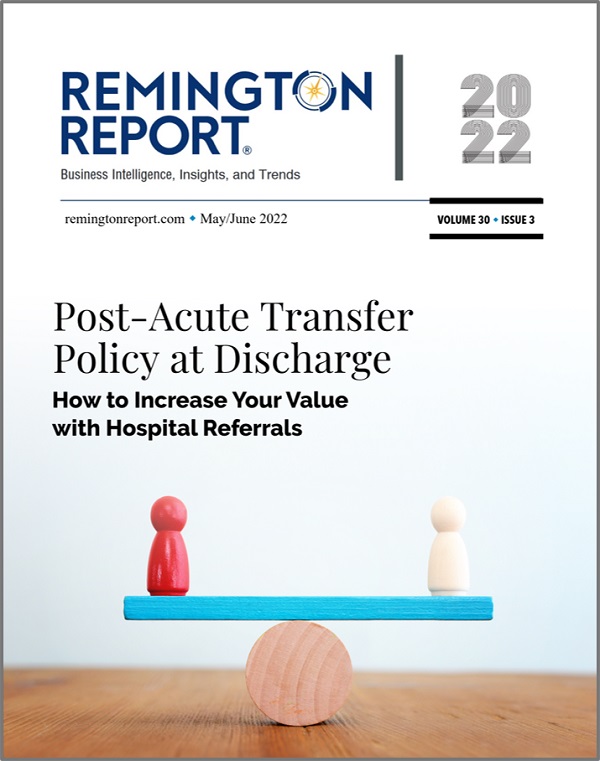According to the Center for Retirement Research at Boston College, using data from the federal Health and Retirement Study (HRS):
- 17% of 65-year-olds will need no long-term care;
- 22% will have minimal needs;
- 38% can expect moderate needs;
- 23% will develop severe needs, requiring many hours of help for more than three years; and
- 36% of people in their late 60s could not cover a year of minimal care without exhausting their resources; only 22% could cover severe needs.
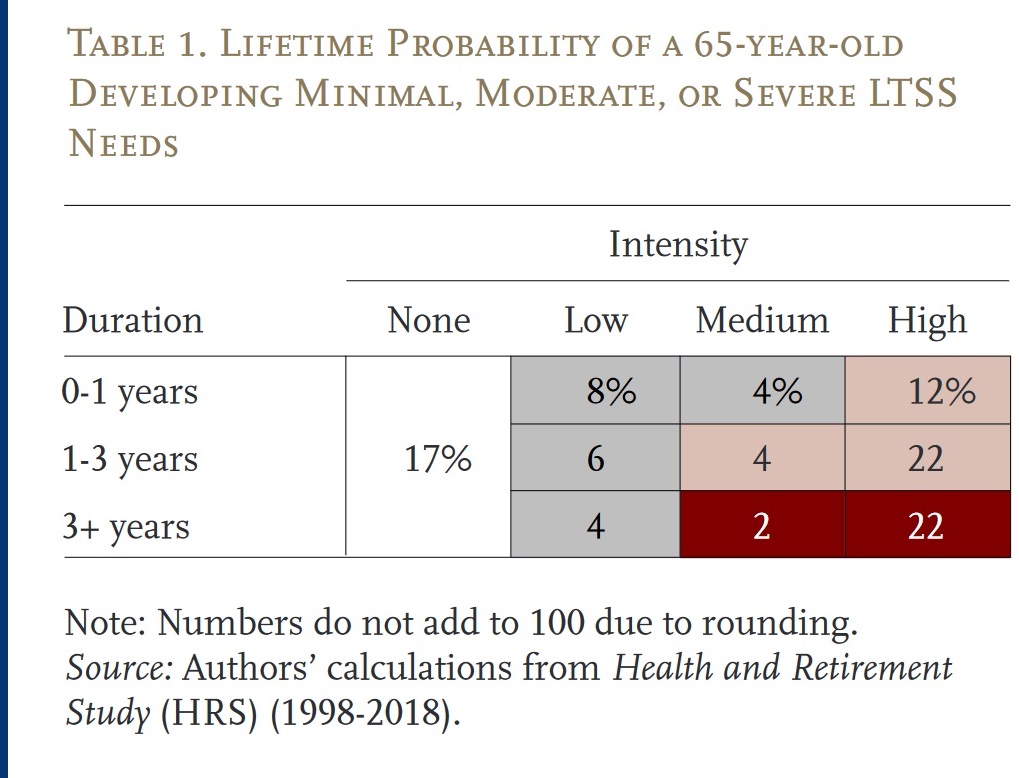 The study results from a recent report titled, “What Resources Do Retirees Have For Long-Term Services and Support?,” show that about one-third of retirees do not have the resources for even minimal care and only one-fifth can afford severe care.
The study results from a recent report titled, “What Resources Do Retirees Have For Long-Term Services and Support?,” show that about one-third of retirees do not have the resources for even minimal care and only one-fifth can afford severe care.
The results show that roughly one-fifth of 65-year olds will die without ever requiring LTSS and about one-quarter will have severe needs (see white and red shading in Table 1). In between these two extremes, 22 percent will experience minimal needs (gray shading) and 38 percent will experience moderate needs (pink shading).
Households can provide for these care needs in two ways (see Figure 1). The more common way is unpaid informal care provided by family members. The less common way is paid formal care, financed either out-of-pocket or through long-term-care insurance or Medicaid. As shown in Figure 1, the bulk of long-term care comes from family members
In Figure 2, informal family care is the major source of care for respondents of all intensities, and as expected, those with higher LTSS needs receive a greater share of hours through paid care.
.
Other Articles You Might Enjoy
Best Practices for Effective Strategy Execution
Effective strategy execution is crucial for success, as even the most well-crafted strategies can fail if not properly implemented.
5 Reasons Why a 5-Year Strategic Plan May Pose Challenges
Five-year strategic plans in home care often encounter several challenges due to the dynamic nature of the industry.
Understanding Adaptive Leadership in Home Care’s Complex World
Adaptive leadership is not a fixed set of rules or practices; rather, it's a mindset and a skill set that empowers leaders to thrive in turbulent times.






